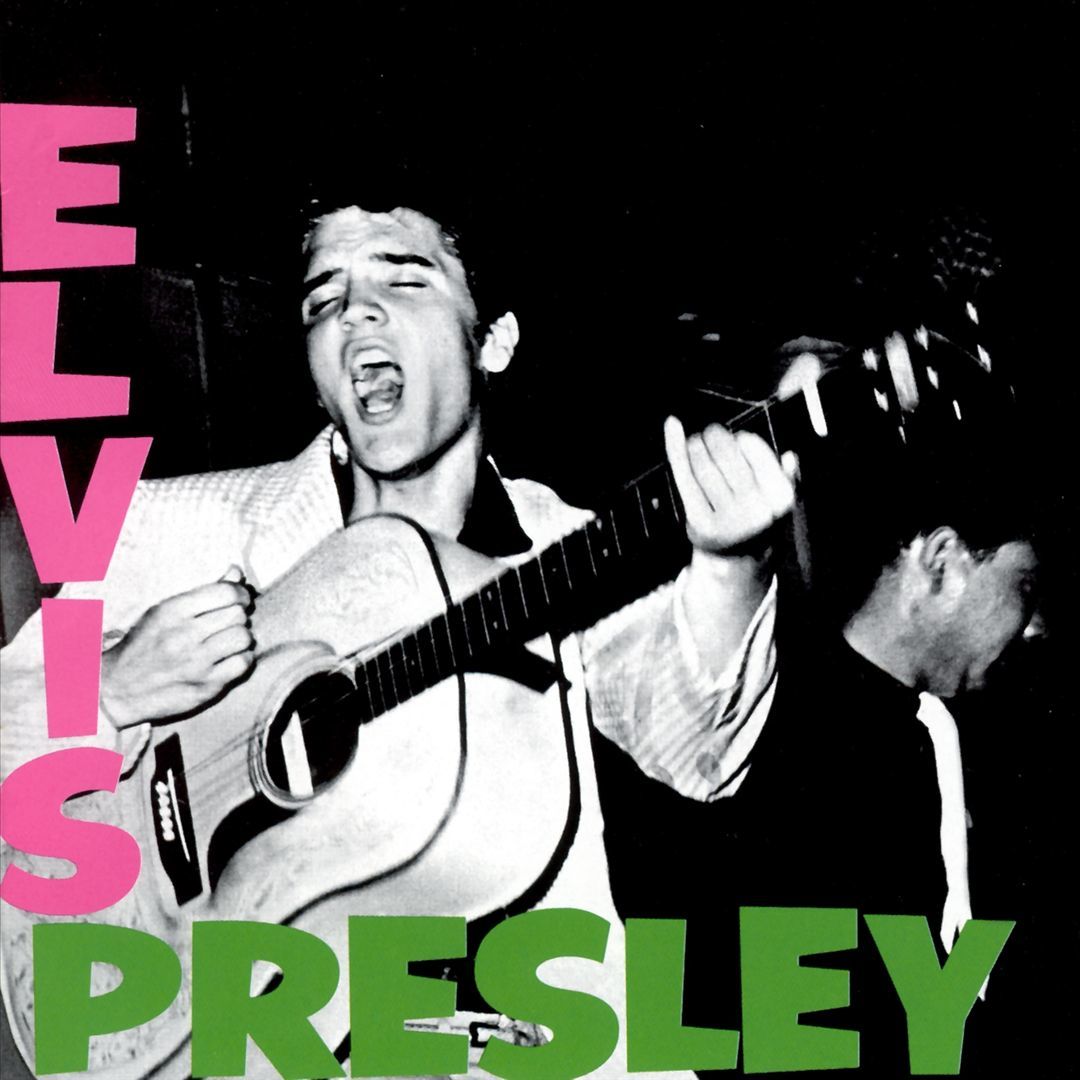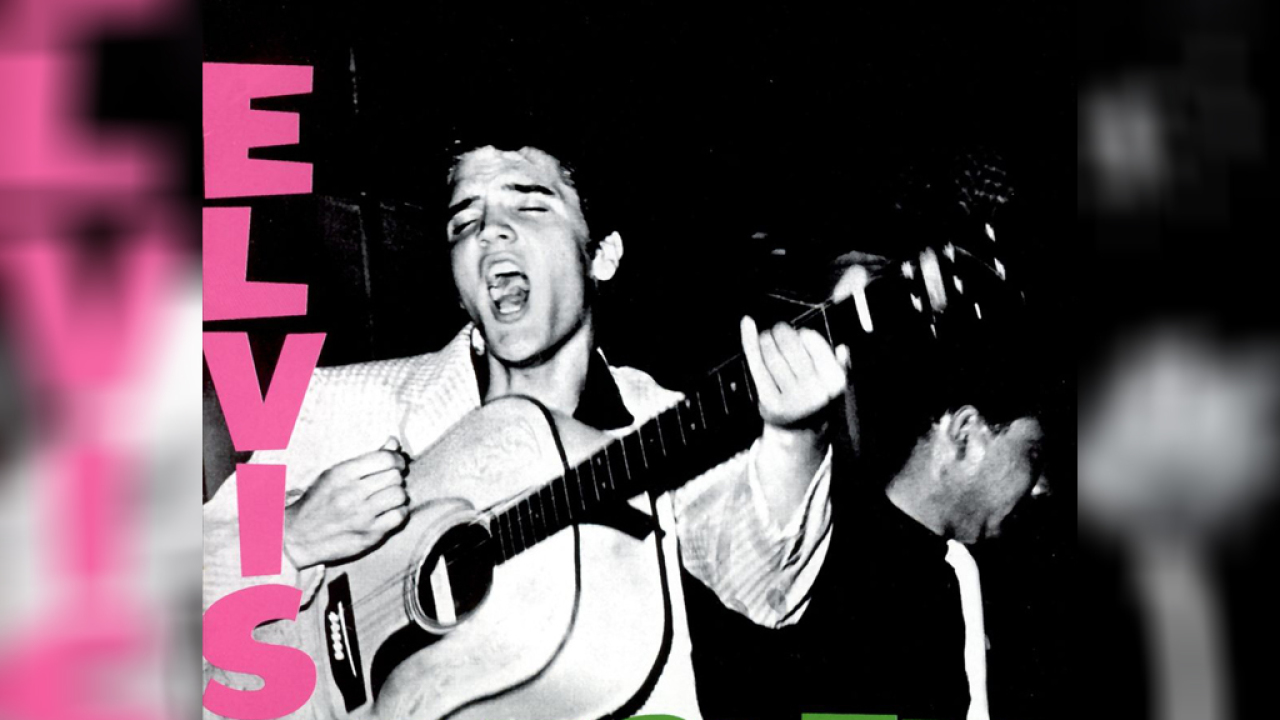On first listen there's nothing especially extraordinary about Elvis Presley's eponymous debut album. The majority of the tracks are covers of hits from the likes of Carl Perkins, Little Richard and Ray Charles, the arrangements are sparse, the track-listing is uneven, and his voice is barely a patch on the instrument of musical mastery and mass seduction that Elvis developed during the later years of his career.
Nevertheless, the incomplete nature of the album does not obscure the magic and charm of a world-class recording artist, and the vulnerability of tracks like Trying To Get You and Blue Moon hint at the superstar within, waiting for the right vehicle to take the world by storm. It might not strike the modern music fan as a masterpiece, but it is the first feature-length rock n’ roll LP and therefore the seed from which everything we know and love of rock music grew. From Black Sabbath and The Who to Green Day and Metallica - all roads lead back to this.
If these 12 songs aren’t instantly affecting it’s because you’ve seen and heard everything that’s come since. To truly understand and appreciate the power of Elvis Presley you have to transport yourself back to 1956. Viewed in this light, the range of musical styles on display – rockabilly, country, gospel, blues and R&B – and the conviction with which Elvis delivers them make for an expertly realised debut album, particularly considering there was no blueprint on which to base itself. This was ground zero.
There’ll always be those that think Elvis was just a white boy singing black music, as there will be those that claim Carl Perkins is the better songwriter, Chuck Berry the better guitarist, Jerry Lee the better pianist, and Little Richard the better vocalist and performer (more on that next time) but Elvis Presley was the world’s first true rock star, the first to reach the top of the charts with a full-length album, and the one who sold more records than any other artist during the 1950s. This may have been more than partially down to his movie star good looks and the colour of his skin, but there’s still no denying his incomparable talent.
Elvis was, and always will be, The King. Even The Clash, who claimed to reject his music early in their career (on the biting 1977) later acknowledged his claim to the rock n’ roll throne by choosing to subvert the cover of Elvis Presley for the design of their third record London Calling. And Elvis had his own rebellious punk rock soul of course - back in the day his gyrating pelvis caused just as much controversy as the filth and the fury of the Sex Pistols did in 1977, which in a tragic twist of fate also turned out to be the year the great man died.
The King is dead. Long live The King.


